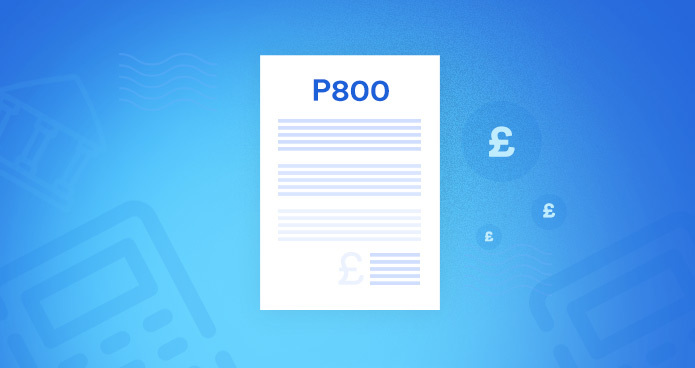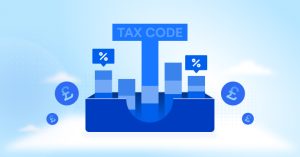Are you owed a tax refund from HMRC? Do you want to understand exactly what the P800 and process are? In this guide, we'll explain what a P800 refund is and how you can make sure you get the money that's rightfully yours.
What Is A P800 Refund?
A P800 is a letter issued by HMRC to quote the amount of refund based on a unique tax code which allows you to claim money back from HMRC. It indicates that you have overpaid your taxes, but don't worry – the process of reclaiming the money is simple and straightforward.
How Do I Know if I’m Owed a Refund?
HMRC will send you a letter or an email confirming that you are entitled to a tax refund. The letter will contain information about your P800 code and the amount of money you are due. For further information about paying too much tax, take a look at our blog here
How Do I Claim My Tax Refund?
Once you have received confirmation from HMRC, the process of claiming back your tax refund is relatively straightforward. You can either collect the money in cash or transfer it into a bank account of your choice
To claim the money, you will need to provide HMRC with your P800 code and some basic information such as your name, address and bank details. The exact process depends on the type of refund you are claiming:
- For refunds from self-assessment tax returns, you will need to fill in a P800T form and submit it to HMRC.
- For refunds on PAYE taxes, you can contact your employer or visit the HMRC website for more information.
Once all of the required information has been submitted, the money should appear in your bank account within 14 days.
What If I Don’t Receive My Refund?
If you haven't received your refund within 14 days of submitting your claim, you should contact HMRC as soon as possible. They will be able to provide more information about the progress of your refund and help verify that everything has been processed correctly.
It's important to remember that there can be a delay in processing refunds, especially if you are claiming a large amount of money. However, HMRC should always keep you updated on the progress of your claim and will do its best to ensure that everything runs smoothly.
We hope this guide has helped you better understand what a P800 refund is and how you can reclaim the money that you are owed. With a little patience and the right information, claiming back your tax refund is a simple and straightforward process.
Claiming Your Refund Quickly
For those who need their refund quickly, there are professional tax advisors and services that can help get your P800 refund fast. These services provide assistance with filing your taxes, reclaiming overpaid tax money and providing advice on optimizing your finances for the next tax year.
The services are usually provided online or in person by certified professionals who understand all aspects of the UK's complex tax system. By utilizing their expertise and knowledge, you can save time and get your refund faster without having to worry about making mistakes during the process.
f you're looking to get your P800 refund quickly, seeking out the help of a professional tax advisor may be worth considering. By doing so, you can rest assured that your claim is being handled properly and that you'll get back the money you are owed as quickly as possible.
For further information feel free to browse our blogs about;













